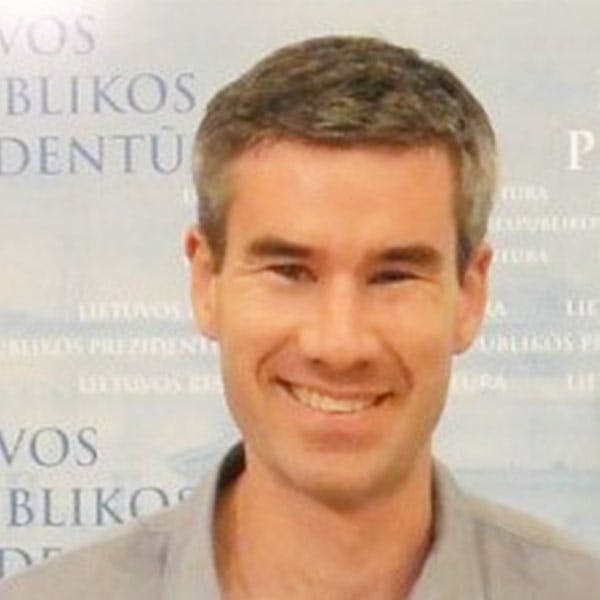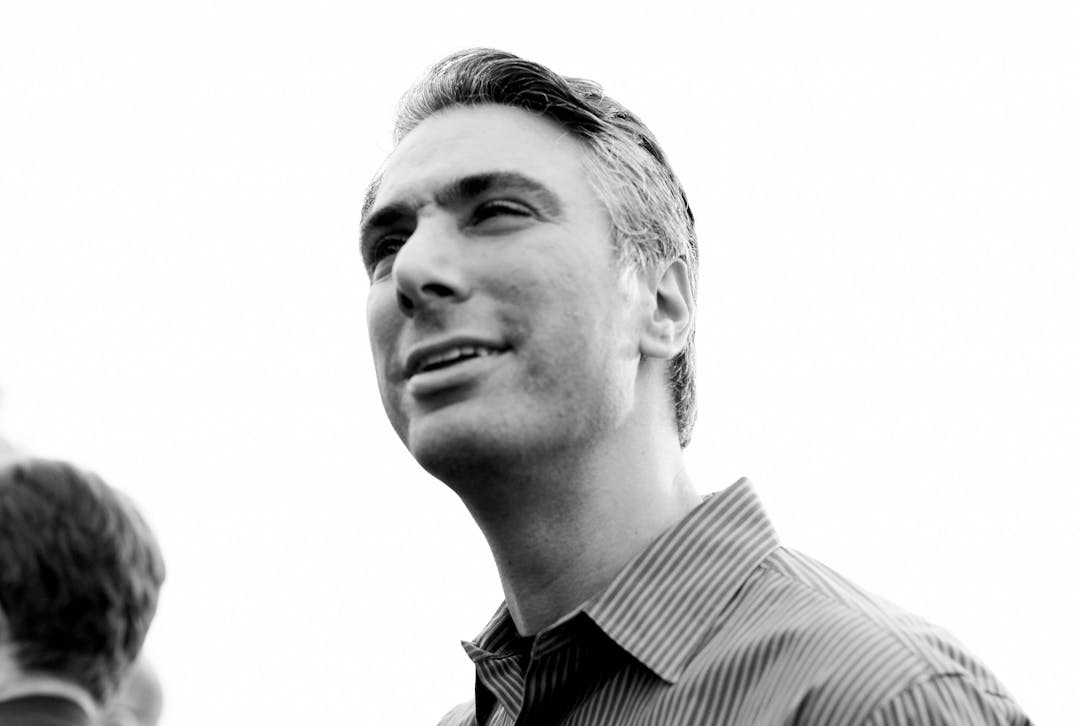Health Journalism in an Infodemic with André Picard
We have to teach skepticism. There’s nothing that serves us better in life than being skeptical without being cynical.
– André Picard
Intro
André Picard, renowned Canadian health journalist, converses with Brooke about the value of clear public health communication and the importance of teasing out truthful information from the tangle of misinformation. Picard discusses the responsibilities of stakeholders in curbing the COVID infodemic, from publishers and writers to readers.
Several thought-provoking ideas explored in this podcast:
- The COVID infodemic
- The influence of public health communication strategies
- How to prepare students for the next infodemic
- The necessity of skepticism without cynicism
- The value of service journalism and the trouble with media polarization





